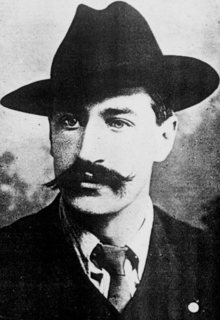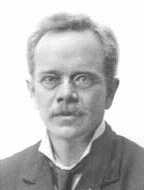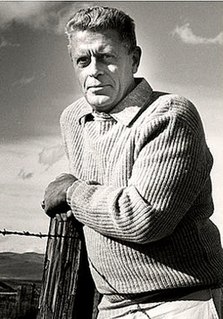A Quote by Ralph Waldo Emerson
Wild liberty develops iron conscience. Want of liberty, by strengthening law and decorum, stupefies conscience.
Quote Topics
Related Quotes
I am for liberty of conscience in its noblest, broadest, and highest sense. But I cannot give liberty of conscience to the pope and his followers, the papists, so long as they tell me, through all their councils, theologians, and canon laws that their conscience orders them to burn my wife, strangle my children, and cut my throat when they find their opportunity.
Let Christians all understand that conscience is between themselves and God alone. They are not at liberty to impose even their freedom of conscience upon another; but by the laws of the kingdom of Christ, they are obliged even to refrain at times from exercising their own freedom, out of consideration for others.
True law, the code of justice, the essence of our sensations of right and wrong, is the conscience of society. It has taken thousands of years to develop, and it is the greatest, the most distinguishing quality which has developed with mankind ... If we can touch God at all, where do we touch him save in the conscience? And what is the conscience of any man save his little fragment of the conscience of all men in all time?
Liberty ... was a two-headed boon. There was first, the liberty of the people as a whole to determine the forms of their own government, to levy their own taxes, and to make their own laws.... There was second, the liberty of the individual man to live his own life, within the limits of decency and decorum, as he pleased -- freedom from the despotism of the majority.
By liberty of conscience, we understand not only a mere liberty of the mind, in believing or disbelieving this or that principle or doctrine; but the exercise of ourselves in a visible way of worship, upon our believing it to be indispensably required at our hands, that if we neglect it for fear of favor of any mortal man, we sin and incur divine wrath.









































